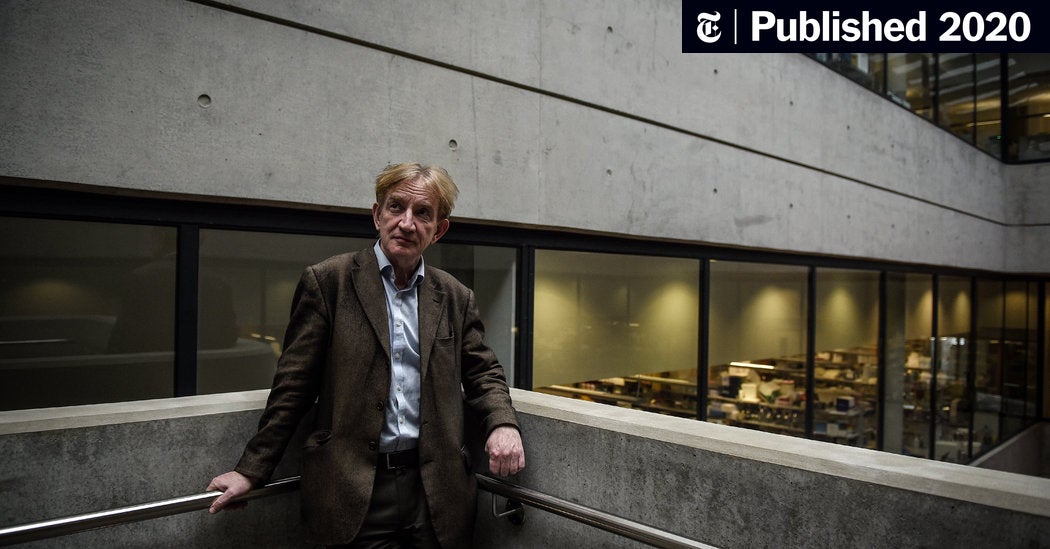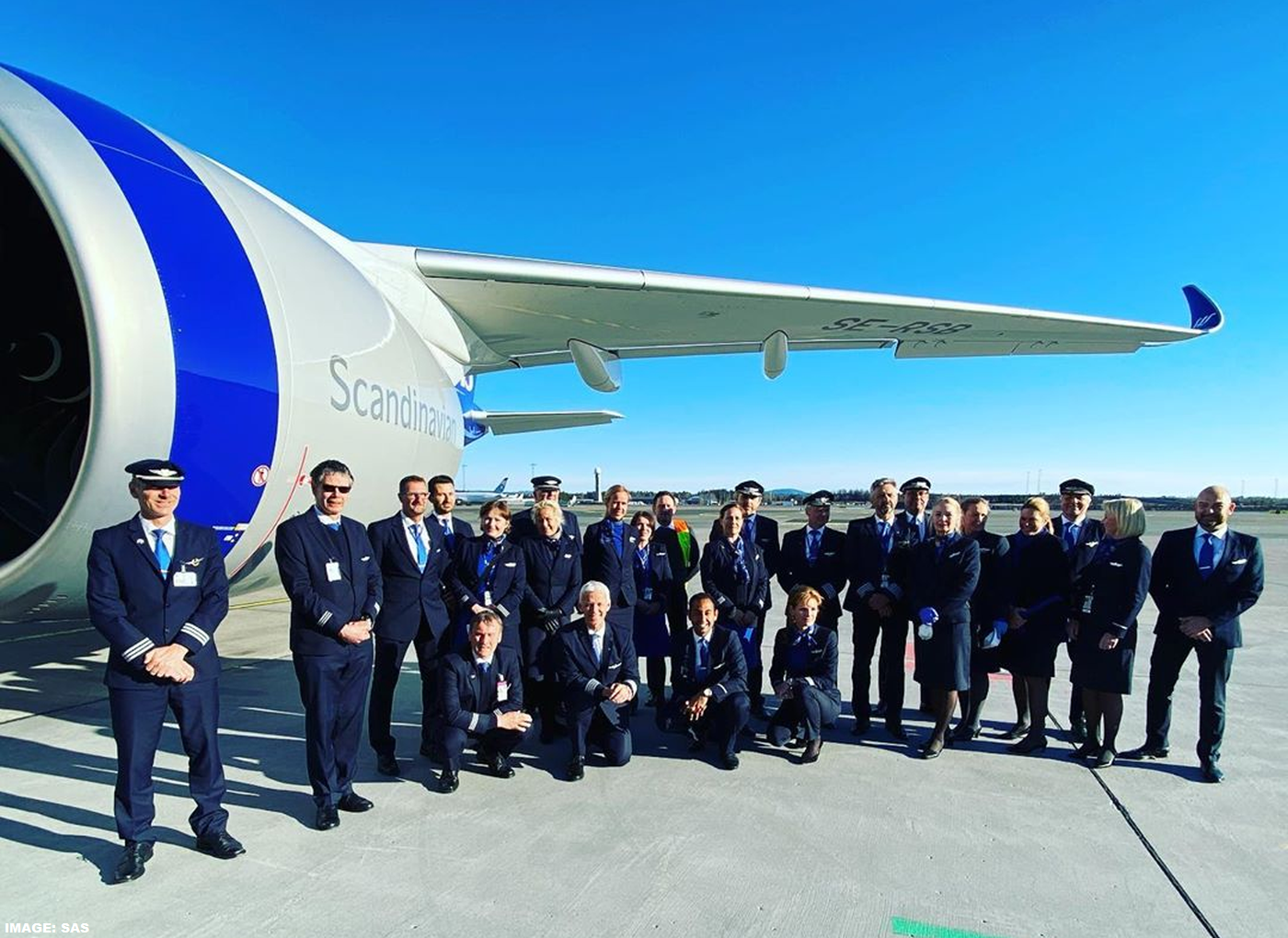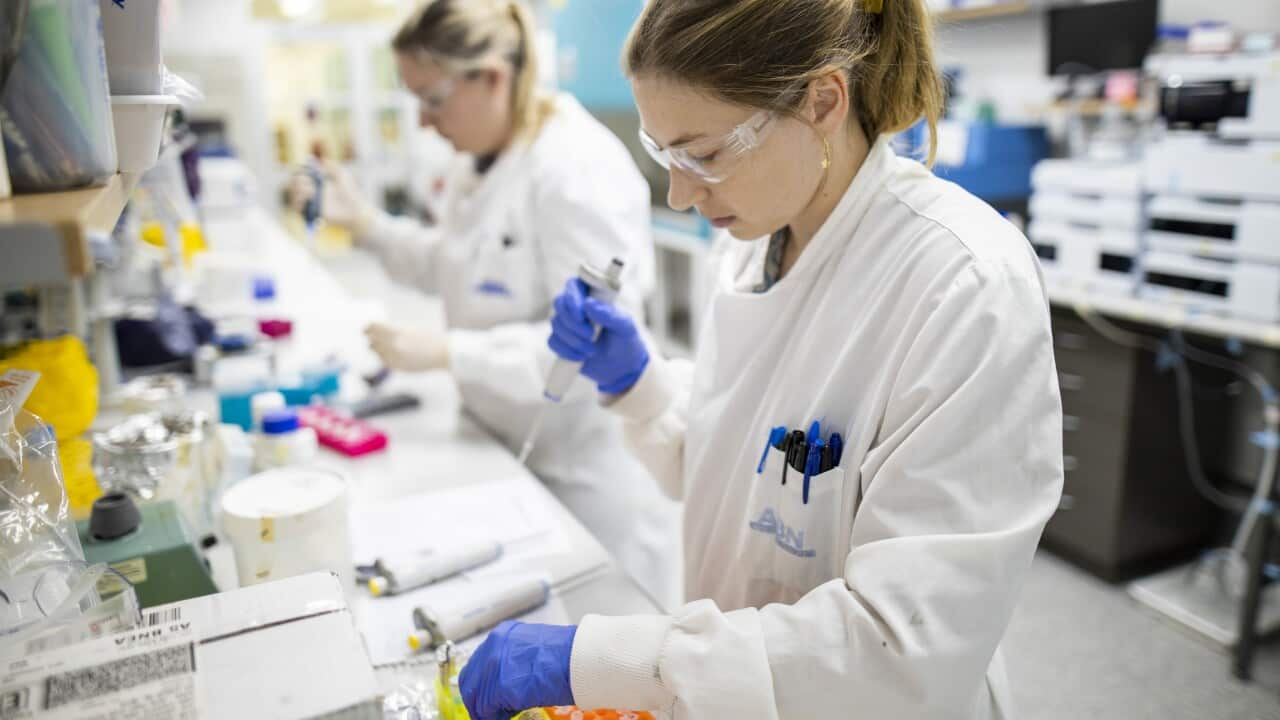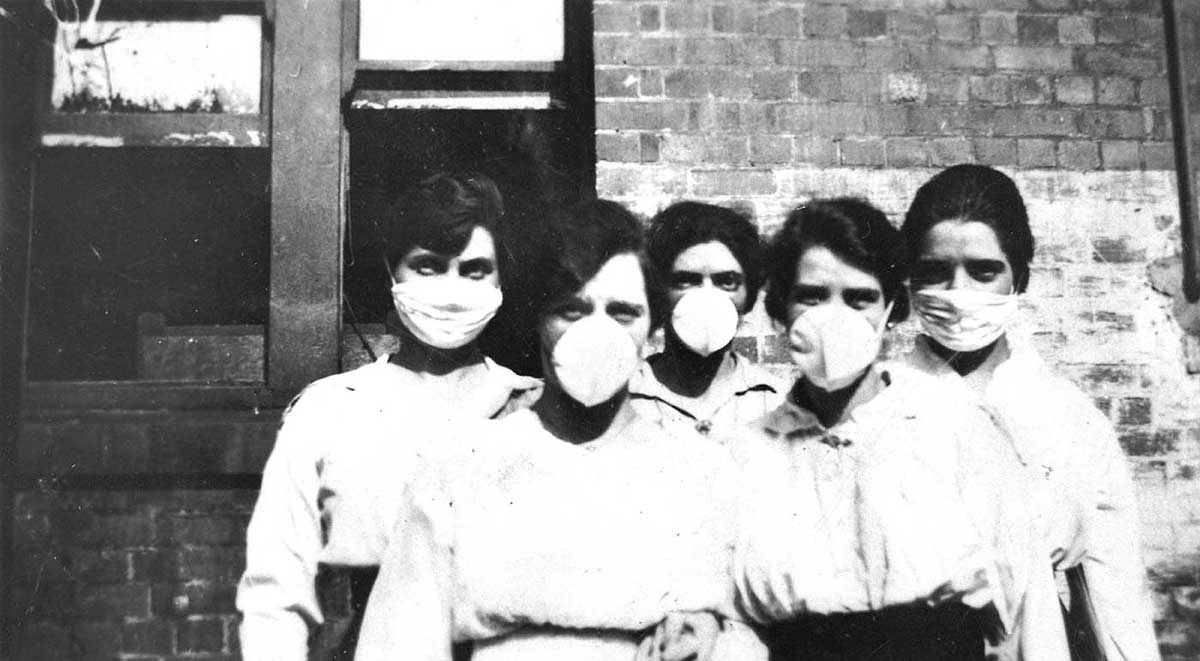Back in 1919 the Spanish flu arrived in Australia.Australia first quarantined ships and set up a National Influenza Planning conference which sounds a bit like today's National cabinet.
"It held a national influenza planning conference in Melbourne on 26–27 November 1918, at which state health ministers, the directors-general of their health departments and British Medical Association representatives met with Commonwealth personnel.
The conference agreed to the federal government taking responsibility for proclaiming which states were infected along with organising maritime and land quarantine. The states would arrange emergency hospitals, vaccination depots, ambulance services, medical staff and public awareness measures."
How they dealt with it sounds similiar to today.
"The experience of pneumonic influenza varied from place to place. The city of Sydney implemented strict measures in an attempt to limit the spread of the disease. This included closing schools and places of entertainment and mandating the use of masks.
Such measures didn’t prevent the spread of the disease, but did manage to slow its movement. Even so, Sydney experienced three waves of outbreaks, with many deaths and many more infections.
In Perth, the combination of the city’s relative isolation and effective state border quarantine control ensured that pneumonic influenza didn’t appear there until June 1919."
But 15000 Australians died.
1919: Influenza pandemic reaches Australia

www.nma.gov.au
There was no vaccine for the virus though CSL developed a vaccine for some of the bacteria that caused a secondary infection.The first flu vaccine was in 1938.
Yet in 1920 things were back to normal to start the Swinging Twenties.
It will not take vaccine availability to return to a semblance of normality.

www.nytimes.com

















